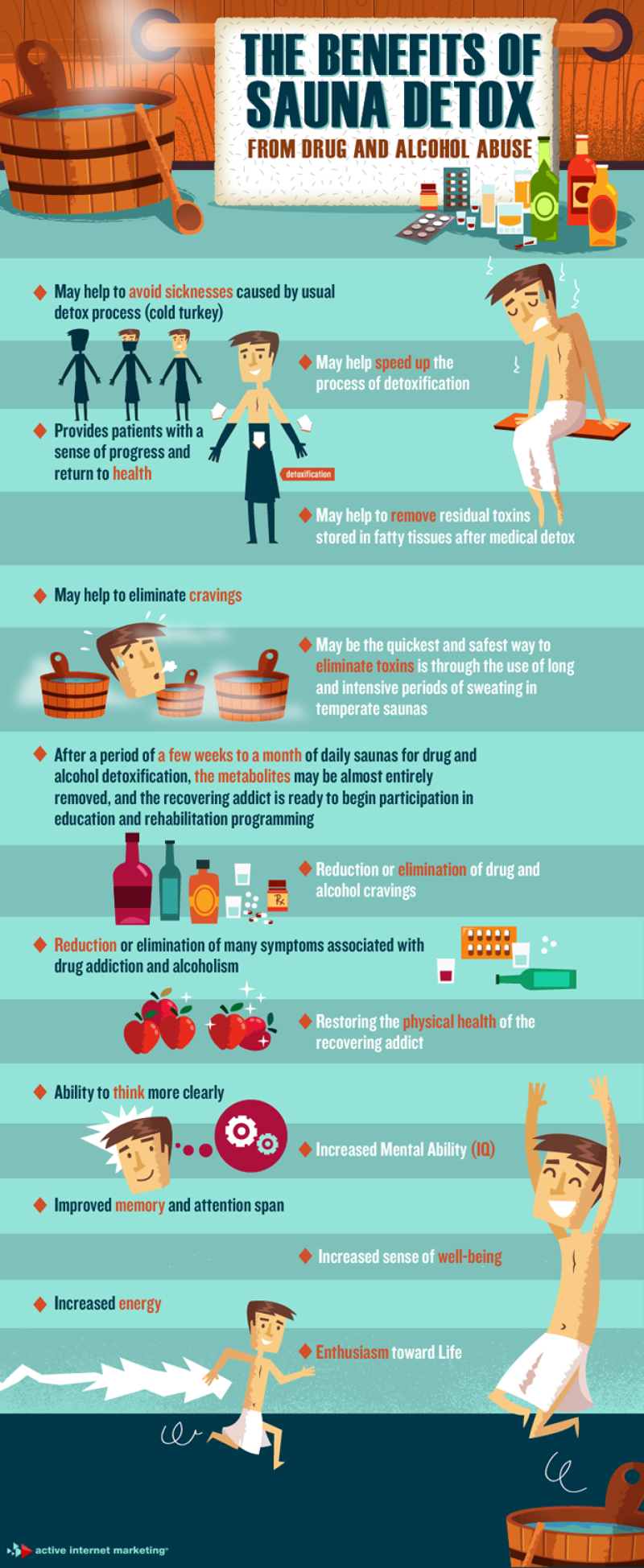Why Aftercare In Drug Rehabilitation Is Crucial For Lasting Recuperation. Learn How Support Systems Can Assist You Remain Sober And Construct A Fulfilling Life
Why Aftercare In Drug Rehabilitation Is Crucial For Lasting Recuperation. Learn How Support Systems Can Assist You Remain Sober And Construct A Fulfilling Life
Blog Article
https://theamericangenius.com/business-news/after-losing-13-employees-to-drugs-this-restaurant-hires-recovering-addicts/ Composed By-Brodersen Butcher
You can not do it alone. Recovery from drug addiction calls for a strong support group.
The relevance of aftercare in drug rehab can not be overstated. In this short article, we will check out the role of therapy, the benefits of treatment, and the structure provided by peer support system in maintaining sobriety.
So, grab a cup of coffee, sit back, and let us direct you via the vital steps of post-rehabilitation assistance.
The Function of Counseling in Aftercare
If you want to keep your sobriety after leaving rehabilitation, it's essential that you proceed participating in therapy sessions as part of your aftercare strategy.
Counseling plays an essential function in your recovery trip by supplying continuous assistance, guidance, and a safe room to reveal your feelings and worries.
Via counseling, you can attend to any type of underlying concerns that may have contributed to your addiction, create coping approaches, and learn much healthier ways to take care of stress and anxiety and yearnings.
It allows you to work through any type of unresolved feelings and establish a much better understanding of yourself and your triggers.
The Benefits of Therapy in Keeping Soberness
To maintain your soberness, therapy can provide various advantages.
- Treatment uses a risk-free area for you to check out and attend to the underlying issues that might have contributed to your dependency.
- It permits you to resolve your feelings and establish healthier methods of handling tension and sets off.
- With therapy, you can obtain a far better understanding of yourself and your patterns of actions, which can assist you make favorable changes in your life.
- In addition, therapy offers you with a support system of professionals who are trained to direct and help you on your journey to recovery.
- They can provide beneficial insights, devices, and methods to assist you navigate the challenges that may occur.
- In therapy, you can learn to establish healthy and balanced coping skills, construct strength, and enhance your total well-being.
Peer Support Groups: A Foundation for Lasting Healing
You can find lasting recuperation by proactively joining peer support groups and connecting with others that share similar experiences and objectives.
Peer support groups supply a secure and non-judgmental area where people in healing can come together to share their struggles, successes, and understandings. By actively taking part in these teams, you can receive the support and encouragement you need to remain on the course of healing.
Connecting with others who have actually experienced comparable experiences can be extremely encouraging, as it aids you realize that you aren't alone in your journey. It likewise allows you to gain from others who have actually effectively gotten over similar challenges. Together, you can celebrate turning points, hold each other liable, and deal assistance and guidance.
With these connections, you can construct a solid support system that will certainly help you browse the ups and downs of healing and eventually discover enduring healing and transformation.
Conclusion
You have actually learnt more about the critical role of aftercare in drug rehabilitation. source web page , treatment, and peer support groups contribute to lasting recovery. Below's a shocking figure to realize the magnitude of the issue: studies show that people that obtain aftercare therapy are 50% more likely to maintain sobriety contrasted to those that do not.
So, think of the transformative power of these support group in aiding people recover their lives and construct a brighter, drug-free future.
